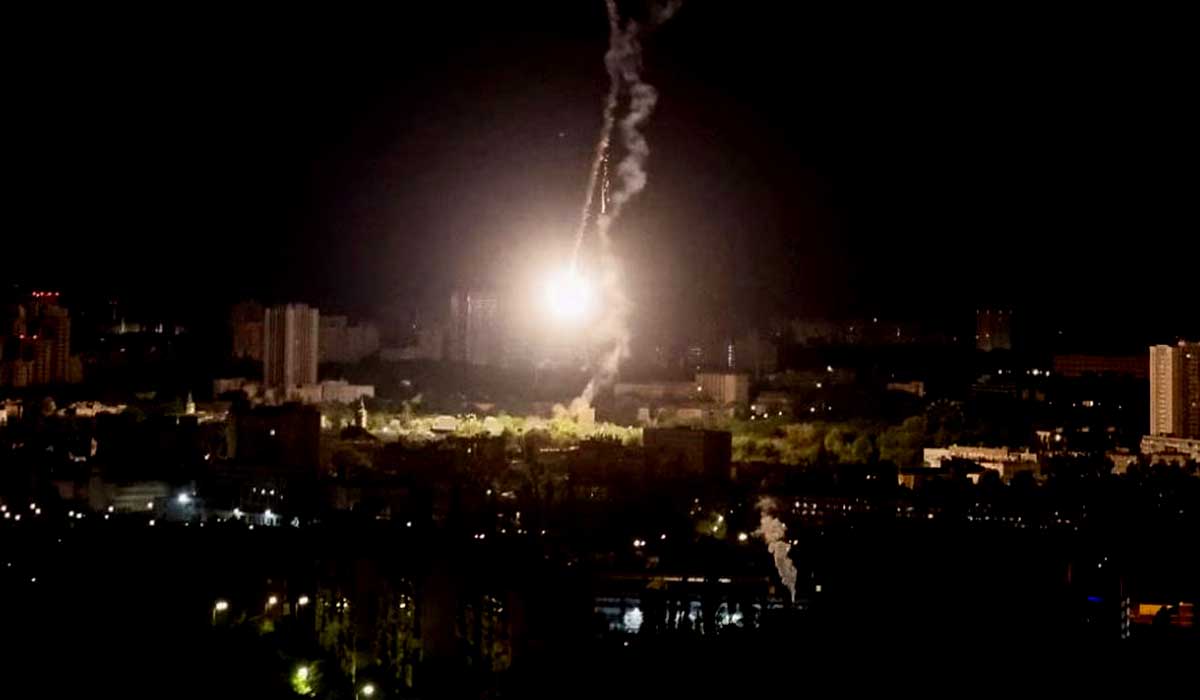
Pakistan’s Blasphemy Laws: A Catalyst for Vigilante Violence and Its Far-Reaching Consequences
Pakistan’s blasphemy laws have long been a contentious topic, drawing international attention for their implications on human rights, religious freedom, and societal harmony. One of the most alarming consequences of these laws is the surge in vigilante violence and extrajudicial actions, driven by a fervent sense of religious duty. This comprehensive news report dives deep into the complex web of factors that contribute to vigilante violence, delving into the historical context, high-profile cases, international reactions, and the urgent need for legal reform to address this grave issue.
The Dark Side of Blasphemy Laws: Vigilante Violence Unleashed
Blasphemy laws in Pakistan, ostensibly aimed at protecting religious sentiments, have been exploited to incite violence, fear, and intolerance. Vigilante violence, often fueled by allegations of blasphemy, has become a disturbing norm in the country. The mere accusation, often unverified, can lead to horrific consequences, including mob attacks, brutal killings, and a culture of fear that silences dissent.
The urgency of addressing this issue extends beyond national borders, as international observers raise concerns about human rights violations and the erosion of religious freedom.
Root Causes and Historical Context
Understanding the rise of vigilante violence in the name of blasphemy requires examining the root causes and historical context. Blasphemy allegations are often weaponized as tools to settle personal vendettas, seize property, or target minority communities. The misuse of these laws is rooted in a complex interplay of religious extremism, societal pressures, and political manipulation.
The historical context provides insights into the evolution of these laws and the gradual escalation of violence associated with their enforcement.
High-Profile Cases: When Vigilante Justice Prevails
Numerous high-profile cases have highlighted the perilous consequences of Pakistan’s blasphemy laws. From the tragic murder of individuals falsely accused of blasphemy to the climate of intimidation that chokes freedom of expression, these cases underscore the urgent need for reform.
The stories of victims and their families offer a glimpse into the harrowing reality of living under the specter of vigilante violence and the misuse of blasphemy laws.
International Reactions and Human Rights Concerns
Pakistan’s blasphemy laws and the ensuing vigilante violence have elicited international condemnation and raised serious human rights concerns. Advocacy groups, governments, and global organizations have called for urgent reforms to safeguard religious freedom, protect vulnerable communities, and prevent the abuse of these laws for personal or political gain.
The international community’s response reflects the global consensus on the importance of addressing these issues to ensure the fundamental rights of all individuals.
Addressing the Urgent Need for Reform
The urgent need for reform in Pakistan’s blasphemy laws is a pressing concern. Advocates for change emphasize the importance of striking a balance between protecting religious sentiments and upholding human rights. Proposals for reform include stricter criteria for registering blasphemy cases, safeguards against misuse, and measures to curb vigilante violence.
Reforming these laws requires navigating complex political, religious, and societal dynamics, but the consequences of inaction are far too grave to ignore.
Pakistan’s blasphemy laws have created a dangerous environment in which vigilante violence thrives, victimizing innocent individuals and eroding the fabric of society. The urgent need for reform is not only a matter of domestic concern but also a reflection of Pakistan’s commitment to upholding human rights and religious freedom on the global stage.
The path to reform will require collective efforts from civil society, religious leaders, legal experts, and policymakers. By addressing the root causes of vigilante violence, advocating for fair legal proceedings, and ensuring that justice is served without inciting violence, Pakistan has an opportunity to mend the rifts caused by these controversial laws.
As the world watches and waits for Pakistan to take meaningful steps towards reform, the importance of safeguarding human rights, fostering tolerance, and protecting the vulnerable remains paramount.




